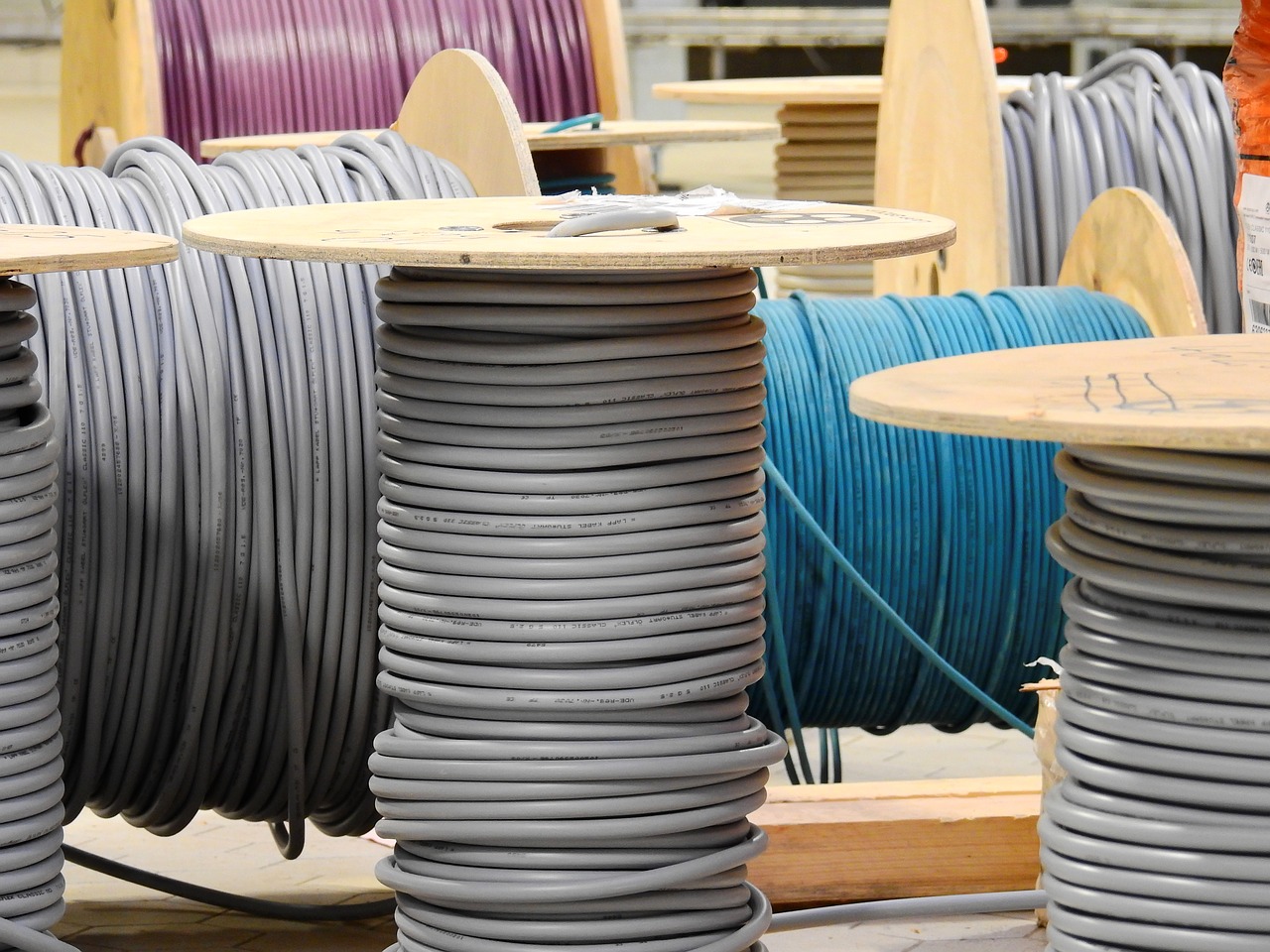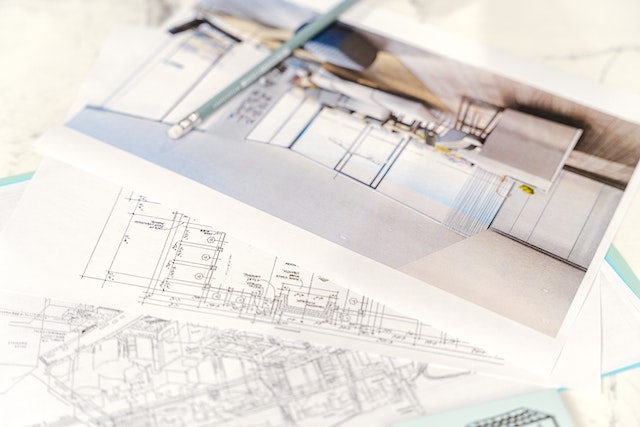An industrial cable plays a pivotal role in the construction industry. The ability of these cables to lift heavy loads ensures seamless transportation of goods from one point to another.
Cables are made of several strands of wire piled together for maximum strength and efficacy while lifting loads. The best thing about cables for construction usage is that even if one strand fails, the others work in sync, helping lift or hold heavy objects.
The construction industry in the US is highly regulated. The cables used, therefore, should be compliant with the guidelines issued by Occupational Safety and Health Administration (OSHA).
Residential and commercial projects use a broad spectrum of cables during construction. All these cables must surpass the pre-defined quality parameters so that both man and machine are never at risk of an unfortunate incident.
The guiding principle in choosing a suitable cable for your requirements is to understand how well a cable can carry the requisite load without causing any damage.
Here are five essential factors that you should check for with your industrial cable supplier when choosing a cable for construction usage.
How to Choose the Right Kind of Cable?
Installing cables may seem easy, but there are certain crucial factors you should consider. Here they are:
- Bending Radius
The bending radius of the wire is the radius below which the cable cannot be bent. The smaller the radius, the higher is the flexibility of the cable. Cables consist of wire strands that are twisted together, so there’s a chance that the entire structure of the wire will get disrupted due to twisting and bending. There are several industry standards for bending radius that you should be aware of to narrow down the cable that meets your requirements.
You should determine the bending radius of the cable with your industrial cable wholesaler when choosing a cable for construction usage. You should also ensure that the radius of the surface where it is to be used is greater than the bending radius so that the chances of damage are minimal. In simple words, the radius of the cable wire should entirely depend on the load that you need to lift.
- Tensile Rating
Similar to bending radius, the tensile rating is also specified by industrial cable manufacturers. The value indicates how much tension force a cable can withstand.
The tensile rating of a cable also reveals additional information, such as adhesion of rubber wire, bending stiffness, cable fatigue, break load strength, and cable flexural strength.
Operating cable wires beyond their tensile rating may pose a threat to onsite workers and machinery. During installation, you may use mechanical pulling devices and monitor the tensile rating to ensure that the limit specified by the manufacturer is not exceeded.
- Fatigue Resistance
This refers to the cable’s ability to resist the metal fatigue of the wires constituting it. A cable that can endure repeated bending under stress has high metal fatigue. All construction cables are subjected to metal fatigue from bending stress during usage, which is why their strength decreases with each use. So, you should know about the fatigue strength of the cable at the time of purchase.
The higher the fatigue resistance, the greater will be the cable’s durability and ability to lift loads. Hence, don’t forget to check the fatigue resistance of the cable you choose with your industrial cable distributor.
- Resistance to Metal Loss and Deformation
Metal loss or corrosion refers to the wearing of metal from the outer wires of a cable. Several types of corrosion lower the efficiency of construction cables.
Resistance to metal loss refers to the rope’s ability to withstand metal abrasion along its exterior. A continuous metal loss eventually leads to deformation and reduces the ability of the cable to lift heavy loads.
Peening is the most common type of metal deformation that eventually leaves the exterior surface of cables exposed. It is crucial to consider the cable’s ability to withstand metal loss and deformation throughout its lifetime. This will ensure maximum potency of the cable whenever in use. Try gathering as much information as possible on the cable’s ability to withstand metal loss from your industrial cable supplier.
- Crushing Resistance
Crushing is the effect of external pressure on a cable. Continuous exposure to crushing damages the cable by distorting the cross-section of the rope, its strands or core, or sometimes all three.
Crushing resistance is, therefore, the ability of a rope to withstand external forces. If a cable gets damaged due to crushing, the wires, strands, and core don’t move as intended when in use. You should, therefore, ensure to choose cables that have undergone and cleared intense crush testing.
Conclusion
A cable serves a myriad of industrial purposes. Choosing an appropriate industrial cable for construction is necessary to minimize the chances of an accident, and ensure seamless lifting and removal of heavy loads. Carefully consider the importance of these five factors, and select a cable that best meets your requirements in terms of quality and safety. Best of luck!
Author Bio: I am Randy Gonzales. I am the President of Elite Sales Inc, a rigging equipment and wire rope distribution company based in Miami, Tampa, Houston, and Dyer. I have more than 30 years of experience in the distribution and supply of industrial hardware industry







